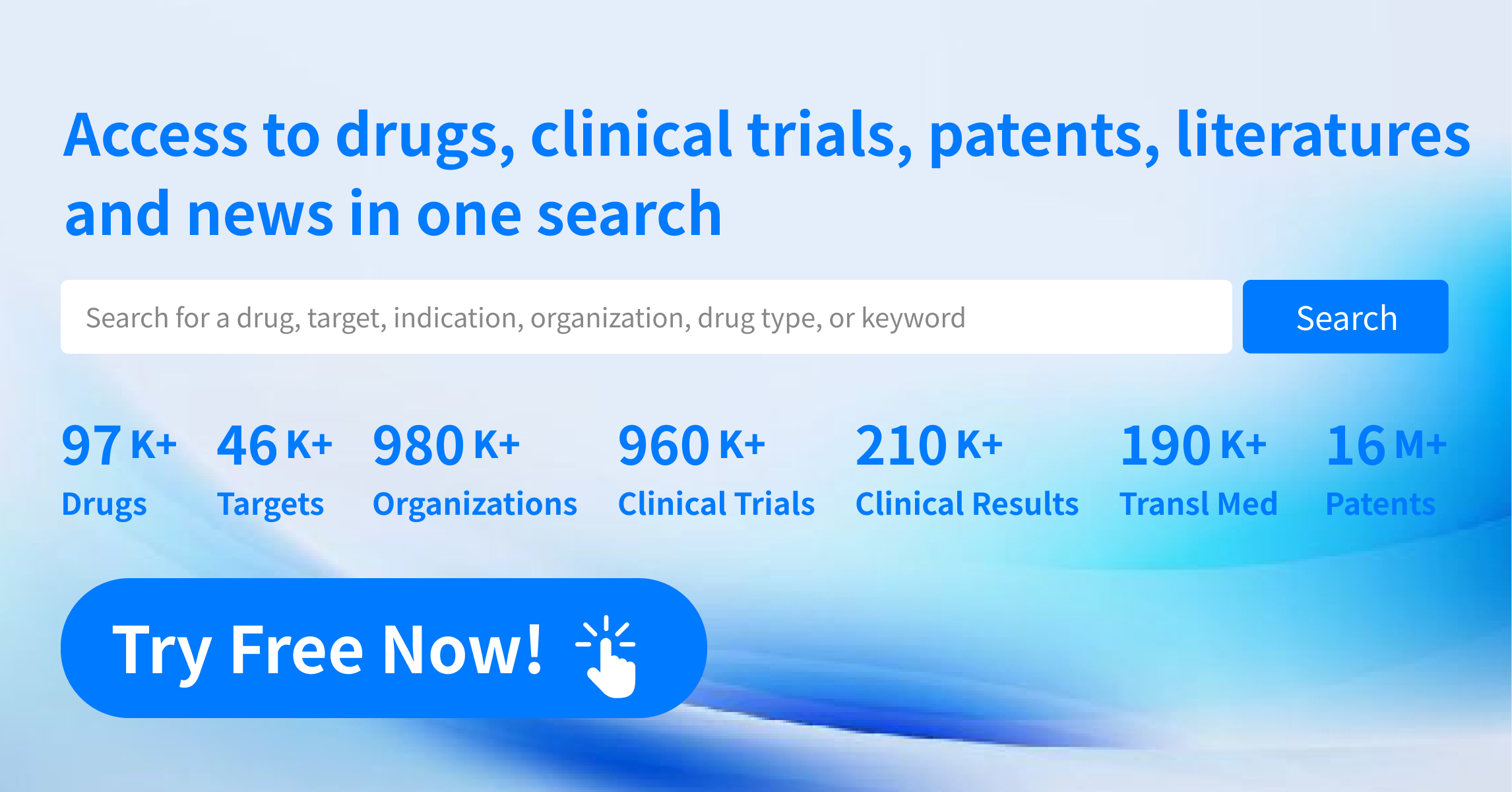Simcere obtained rights to the first-in-class QPCT inhibitor, with new Phase 2 data announced
Recently, Vivoryon Therapeutics presented new analysis data for varoglutamstat at the 2024 American Society of Nephrology (ASN) meeting. The data demonstrated statistically and clinically significant improvements in estimated glomerular filtration rate (eGFR) compared to placebo among those at risk of kidney disease and patients with diabetic kidney disease (DKD). The improvements exceeded baseline levels, suggesting potential recovery of kidney function. Varoglutamstat is an oral small molecule glutaminyl cyclase (QPCT) inhibitor. In June 2021, Simcere entered into a strategic regional licensing agreement with Vivoryon, obtaining rights to develop and commercialize varoglutamstat (SIM0801) and another compound in Greater China.
About the latest study data
This Phase 2b multicenter, randomized, double-blind, placebo-controlled, parallel-group dose exploration study administered varoglutamstat at doses of 300 mg or 600 mg twice daily, or placebo, for a duration of 48-96 weeks. Among elderly individuals at risk of kidney disease, the study showed that the varoglutamstat group experienced an improvement in eGFR of 3.4 mL/min/year (p<0.0001) compared to placebo, a statistically and clinically significant enhancement. In the subgroup of patients with diabetes, the improvement was approximately 8.2 mL/min/year (p=0.02). Other sensitivity analyses showed consistent results, including measurements using the CKD-EPI 2021 equation assessing both creatinine and cystatin C. In terms of safety, the varoglutamstat group exhibited good safety and tolerability, with no indications of increased proteinuria. No adverse renal impacts occurred over the two-year study period, and there were no meaningful differences in renal and metabolic adverse events in both the overall population and the diabetes subgroup.
About Varoglutamstat
Varoglutamstat holds potential as a treatment for inflammatory and fibrotic diseases, neurodegenerative diseases, cancer, and more. The company initially aimed to assess varoglutamstat's potential in treating Alzheimer's disease (AD), having studied it in multiple clinical trials. According to data released by the company in March 2024, the VIVIAD study did not achieve its primary endpoint nor showed significant statistical differences in changes to cognitive abilities over time. Additionally, it failed to meet key secondary endpoints measuring cognitive abilities, daily living activities questionnaire, and electroencephalogram global theta power.
Although patients in the VIVIAD study were selected based on AD status rather than kidney function levels, many exhibited declining kidney function due to age and/or comorbidities. The analysis revealed that varoglutamstat’s improvements in the key kidney function endpoint (eGFR) were statistically significant.
Furthermore, the company plans to conduct preclinical studies for indications related to other rare/orphan kidney diseases such as Alport syndrome and Fabry disease.
About QPCT/QPCTL Drugs
QPCT is known to catalyze the formation of neurotoxic N3pE amyloid proteins, which are associated with the aggregation of beta-amyloid peptides into plaques in the brains of Alzheimer's Disease (AD) patients. These proteins can also negatively impact other pathological factors of AD. Companies such as Vivoryon initially aimed to inhibit QPCT to prevent the formation of N3pE amyloid proteins, thereby potentially protecting neurons from damage.
Moreover, QPCTL is also a promising target for cancer treatment. Studies have shown that QPCT plays a role in the resistance of renal cancer to Sunitinib; downregulating QPCT can enhance the sensitivity of renal cancer cells to Sunitinib. Additionally, the methylation status of the QPCT promoter region and its expression levels could serve as biomarkers for predicting Sunitinib sensitivity in renal cancer. This makes QPCT a promising therapeutic target for reversing Sunitinib resistance in renal cancer and improving the efficacy of targeted renal cancer therapies.
ISM8207, a focal project collaboratively developed by Insilico Medicine and Fosun Pharma, has demonstrated antitumor efficacy in preclinical studies in vivo. It also exhibits favorable pharmacokinetic characteristics and safety. Furthermore, this drug possesses high tumor permeability and reduces hematological side effects, avoiding antigen sink effects. According to incomplete statistics, there are currently ten QPCT/QPCTL drugs under development.
About Vivoryon
Vivoryon is a clinical-stage biotechnology company dedicated to developing innovative small molecule drugs. Leveraging its deep expertise in post-translational modification, the company develops drugs that regulate the activity and stability of proteins altered within disease environments. Currently, Vivoryon has established a range of oral small molecule inhibitors intended for treating various conditions, including Alzheimer's Disease, inflammatory and fibrotic diseases (such as kidney disease), and cancer.
About Simcere Pharmaceutical
Founded in 1995, Simcere Pharmaceutical is an innovation and R&D-driven pharmaceutical company focusing on neuroscience, oncology, autoimmune, and anti-infective fields. The company promotes innovation through indigenous R&D and collaborative partnerships with multiple innovative enterprises and research institutions. According to incomplete statistics, over thirty transactions have occurred in recent years.
How to obtain the latest research advancements in the field of biopharmaceuticals?
In the Synapse database, you can keep abreast of the latest research and development advances in drugs, targets, indications, organizations, etc., anywhere and anytime, on a daily or weekly basis. Click on the image below to embark on a brand new journey of drug discovery!




